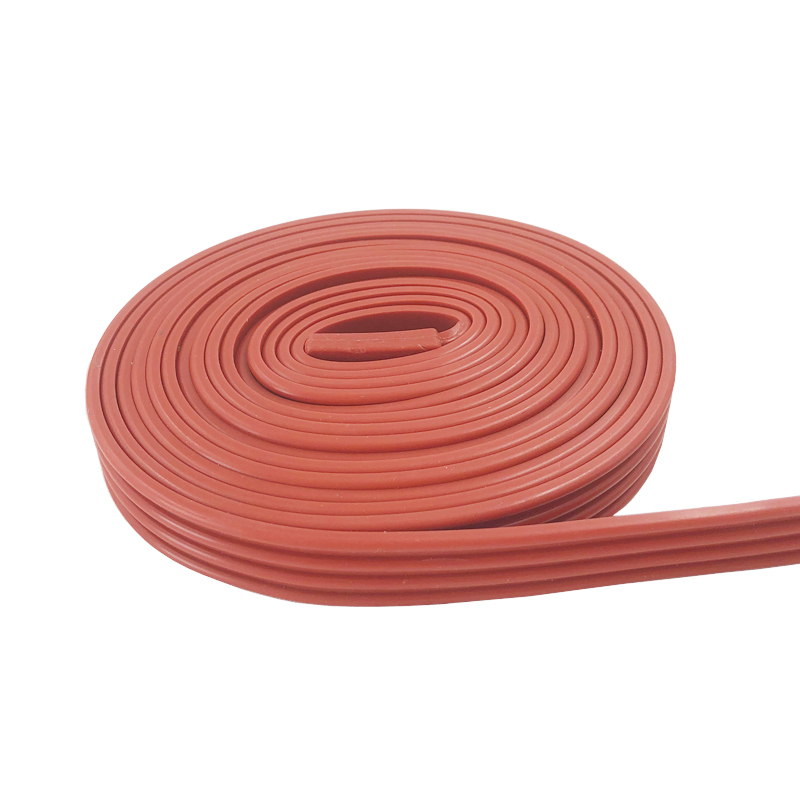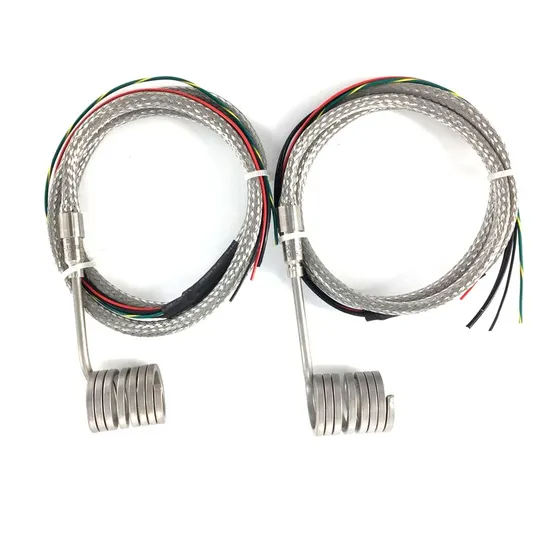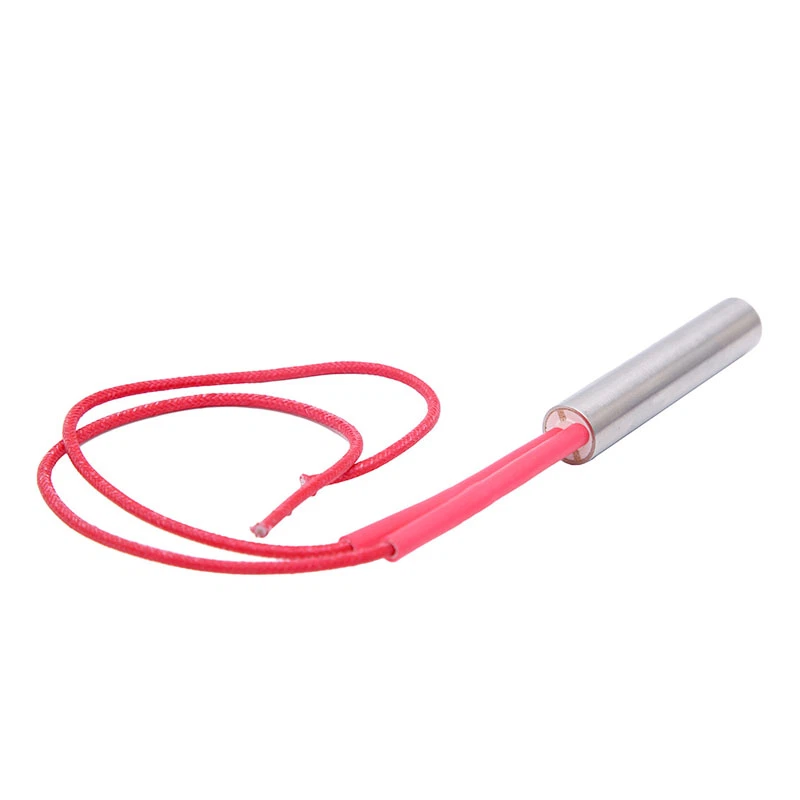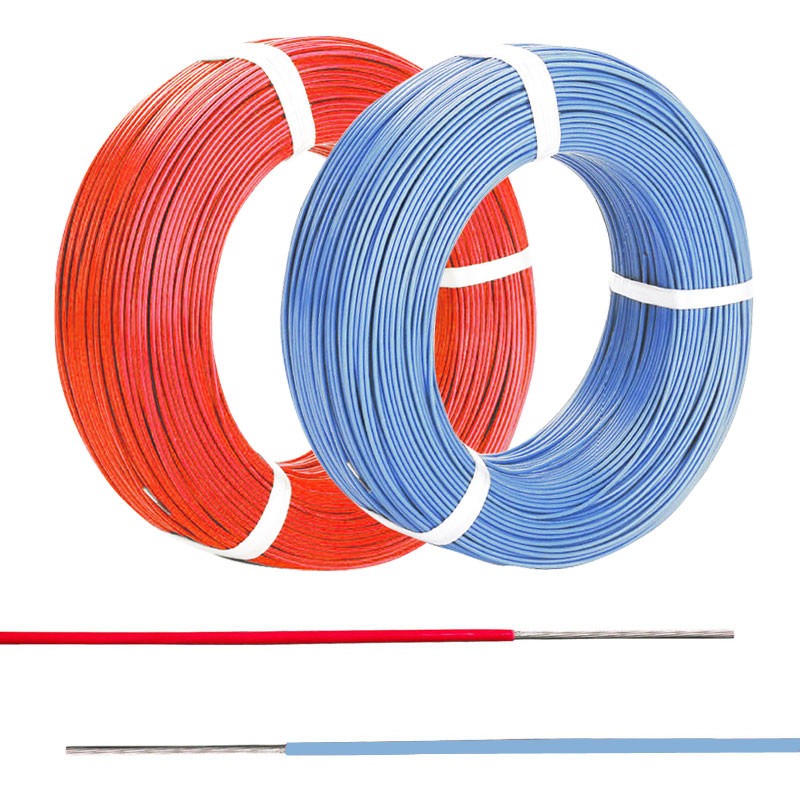Industrial heating systems rely heavily on advanced solutions like the MI heating cable to ensure efficiency, safety, and precision. Known for their robust construction and ability to deliver consistent heat in challenging environments, MI heating cables are a critical component in applications ranging from petrochemical plants to food processing facilities.
Let’s take an in-depth look at what makes MI heating cables indispensable, their functionality, and their unique benefits.
What is an MI Heating Cable?
A Mineral Insulated (MI) heating cable is a highly durable electric heating cable used for maintaining or raising temperatures in pipes, tanks, and industrial equipment. Unlike conventional heating cables, MI heating cables consist of a metallic sheath and mineral insulation (typically magnesium oxide), which protect the heating elements from moisture, corrosion, and mechanical damage.
This robust design ensures unmatched performance in extreme conditions, such as high temperatures, high-pressure environments, and exposure to chemicals. These features make MI heating cables a preferred choice for critical industries like oil and gas, pharmaceuticals, and chemical processing.
How Does an MI Heating Cable Work?
The working principle of an MI heating cable is simple yet efficient. It uses resistance heating to generate heat:
- Electrical current flows through the heating element within the cable.
- Heat is generated by resistance, which is then evenly distributed across the surface.
- The mineral insulation ensures maximum thermal conductivity while protecting the heating core.
This construction allows MI heating cables to operate reliably at temperatures exceeding 1,000°C (1,832°F), far surpassing the capabilities of polymer-based heating cables.
Key Features of MI Heating Cables
MI heating cables stand out due to their unique design and capabilities. Here’s what sets them apart:
- High Temperature Tolerance: With the ability to operate at extreme temperatures, these cables ensure stable performance in demanding environments.
- Corrosion Resistance: The metallic sheath and mineral insulation provide excellent resistance to moisture, chemicals, and other corrosive elements.
- Durability: The rugged design prevents damage from mechanical stress, ensuring a long operational life.
- Precision Heating: These cables deliver uniform heat, making them ideal for applications requiring consistent thermal control.
Common Applications of MI Heating Cables
MI heating cables are versatile and serve a wide range of industrial and commercial applications, including:
- Freeze Protection: Preventing pipework and tanks from freezing in cold climates.
- Process Temperature Maintenance: Ensuring stable temperatures for chemical reactions and fluid transfer in industrial systems.
- Tank Heating: Maintaining product temperatures in storage tanks, especially in oil and gas facilities.
- Floor Heating: Providing underfloor heating in high-end architectural projects.
Why MI Heating Cables Are Critical for Modern Industries
MI heating cables offer several advantages that make them irreplaceable in many sectors:
- Energy Efficiency: Reduced energy loss due to excellent thermal conductivity.
- Safety Compliance: Meets stringent safety standards for hazardous and non-hazardous environments.
- Customizability: Tailored solutions for specific lengths, wattages, and voltage ratings.
- Longevity: With minimal maintenance, they outperform traditional cables in terms of lifespan.
Final Thoughts
The MI heating cable is a technological marvel designed to meet the most demanding industrial heating needs. Its durability, high-temperature tolerance, and versatility make it an essential solution for industries requiring reliable heat management systems. For businesses looking to optimize performance and safety, MI heating cables provide unmatched efficiency and peace of mind.














